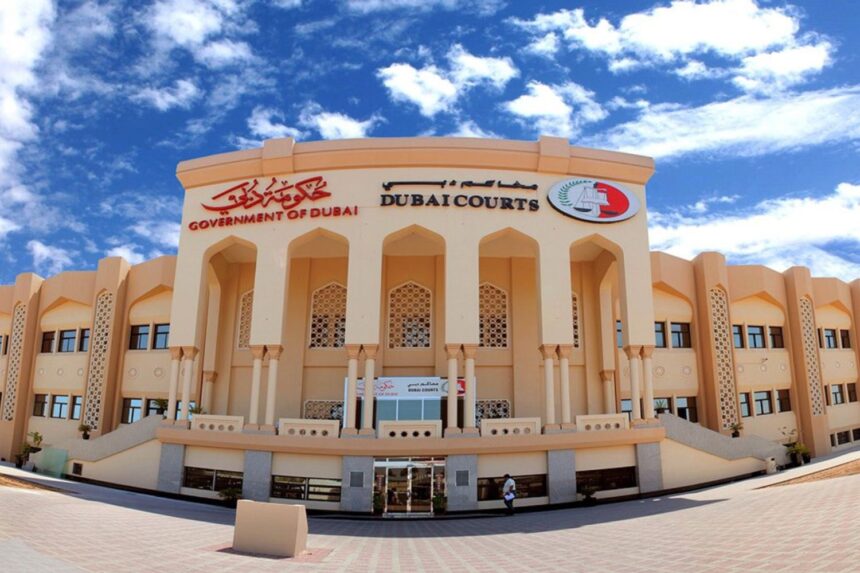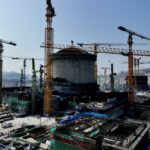In a groundbreaking decision, the Dubai Court of First Instance has set a new legal precedent by allowing employees in the United Arab Emirates (UAE) to receive their salaries in digital assets. This ruling marks a notable departure from a previous 2023 judgment and establishes a fresh standard in employment law regarding digital currencies.
The case, numbered 1739 of 2024, centers on an employment dispute where the court decided that employees can be paid in both traditional currencies and digital assets if such terms are included in their employment contracts. This case garnered significant attention when an employee sued their employer for failing to pay 5,250 EcoWatt tokens, a type of cryptocurrency specified in their salary agreement.
Initially, a lower court recognized that EcoWatt tokens were part of the employee’s contract but declined to enforce the payment. The lower court’s decision hinged on the challenge of valuing digital currency in terms of traditional money, which complicated the enforcement of payment.
The dispute began when the employee, after six months of non-payment of the cryptocurrency portion of their salary, decided to take legal action. The employment contract had stipulated that the monthly salary would be paid partly in fiat currency and partly in 5,250 EcoWatt tokens. The failure of the employer to provide the agreed-upon digital currency led to the lawsuit.
The lower court’s cautious approach to digital currencies reflected its traditional stance on labor law. However, on appeal, the court’s view evolved. The latest ruling affirmed that employees have the right to receive their remuneration in digital currencies like EcoWatt tokens, without requiring conversion into traditional money. The decision was based on the UAE Civil Transactions Law and the increasing acceptance of digital currencies in commercial transactions.
Legal experts have commented on the ruling’s significance. According to one expert, “The historic decision demonstrates a growing acceptance of cryptocurrency in employment contracts and highlights the court’s recognition of the evolving nature of financial transactions within the Web3 economy.” This reflects a broader trend where digital assets are becoming more integrated into conventional financial practices.
The Web3 economy, central to this ruling, represents a new phase of the internet characterized by the use of blockchain technology to decentralize control and data. Unlike the centralized Web2 model dominated by major tech corporations, Web3 emphasizes decentralization through the use of cryptocurrencies, smart contracts, and decentralized applications (dApps). These innovations enhance transparency, user control, and digital ownership, supported by Non-Fungible Tokens (NFTs). While the Web3 economy promises a more open and user-centric internet, it also faces challenges such as regulatory uncertainty and the need for broader adoption.
This ruling sets an important legal precedent for employers and raises questions about the need for regulatory approval when employees choose to receive their salaries in digital assets. Ankita Dhawan, a senior associate at Métis Institute, noted, “The ruling acknowledges EcoWatt Tokens as a valid form of employee compensation, suggesting that digital assets could become a common component of compensation packages.”
Dubai’s approach to digital assets has been widely praised for its forward-thinking nature. The city’s regulators have actively worked to incorporate digital assets into various sectors of the economy. Dubai has introduced robust regulations and established a new authority to oversee virtual asset service providers. These measures, along with various Web3 initiatives, have attracted global interest and positioned Dubai as a key player in the digital asset sector.
Dubai’s leadership in the Middle East regarding digital assets could potentially elevate it to a global leader in this field. The city’s continuous efforts and innovations in digital asset management underscore its role as a hub for advancements in this rapidly evolving sector. As the Web3 economy grows, Dubai’s pioneering approach may set the standard for how digital assets are integrated into financial and employment practices worldwide.
ALSO READ: Egypt and UAE aim to boost collaboration in electricity and renewable energy













